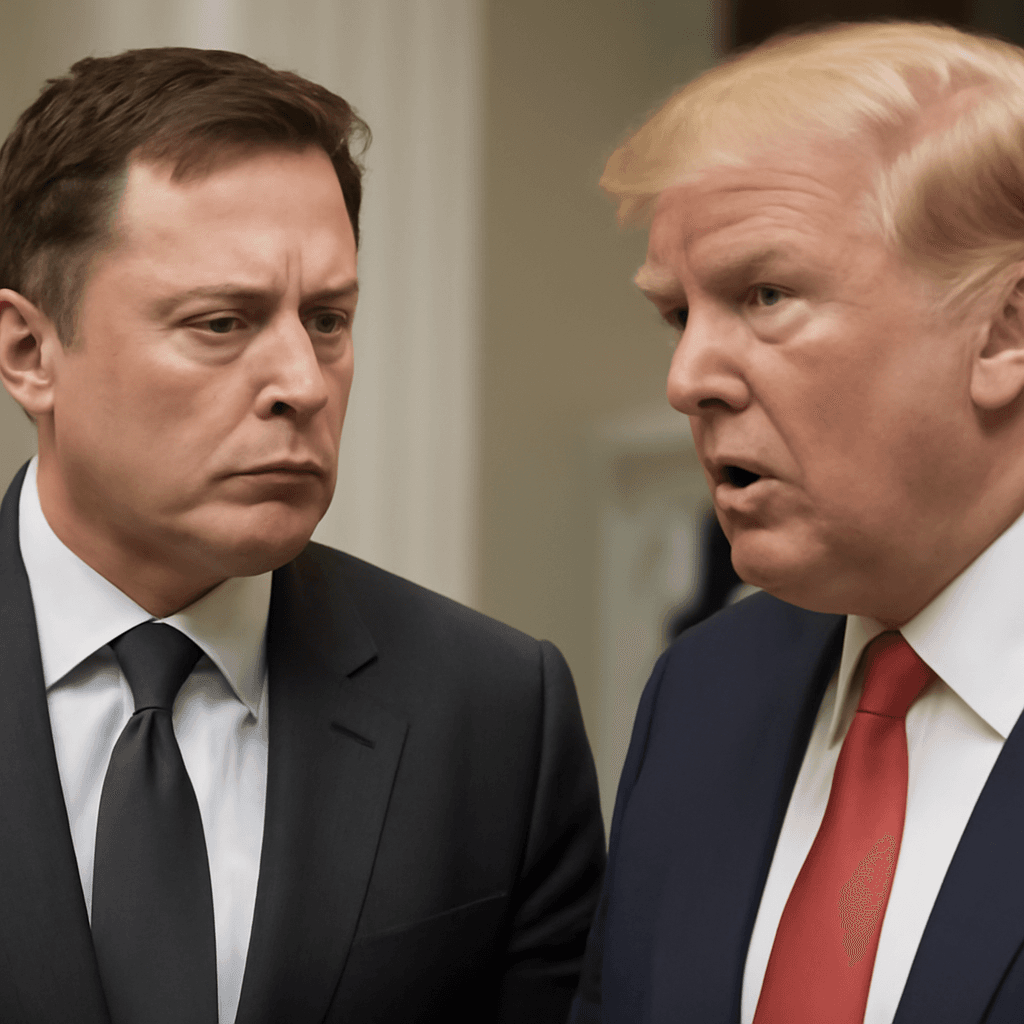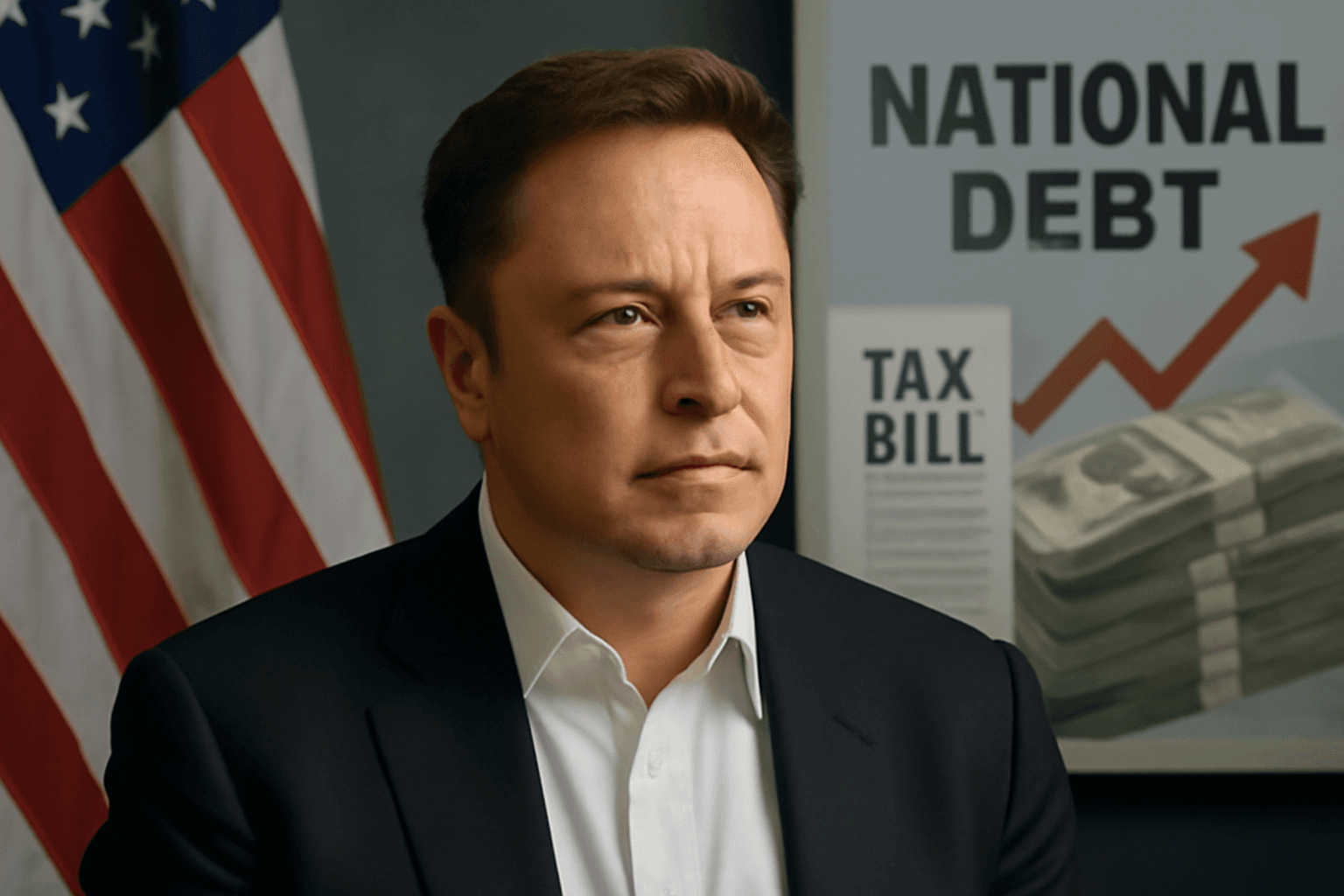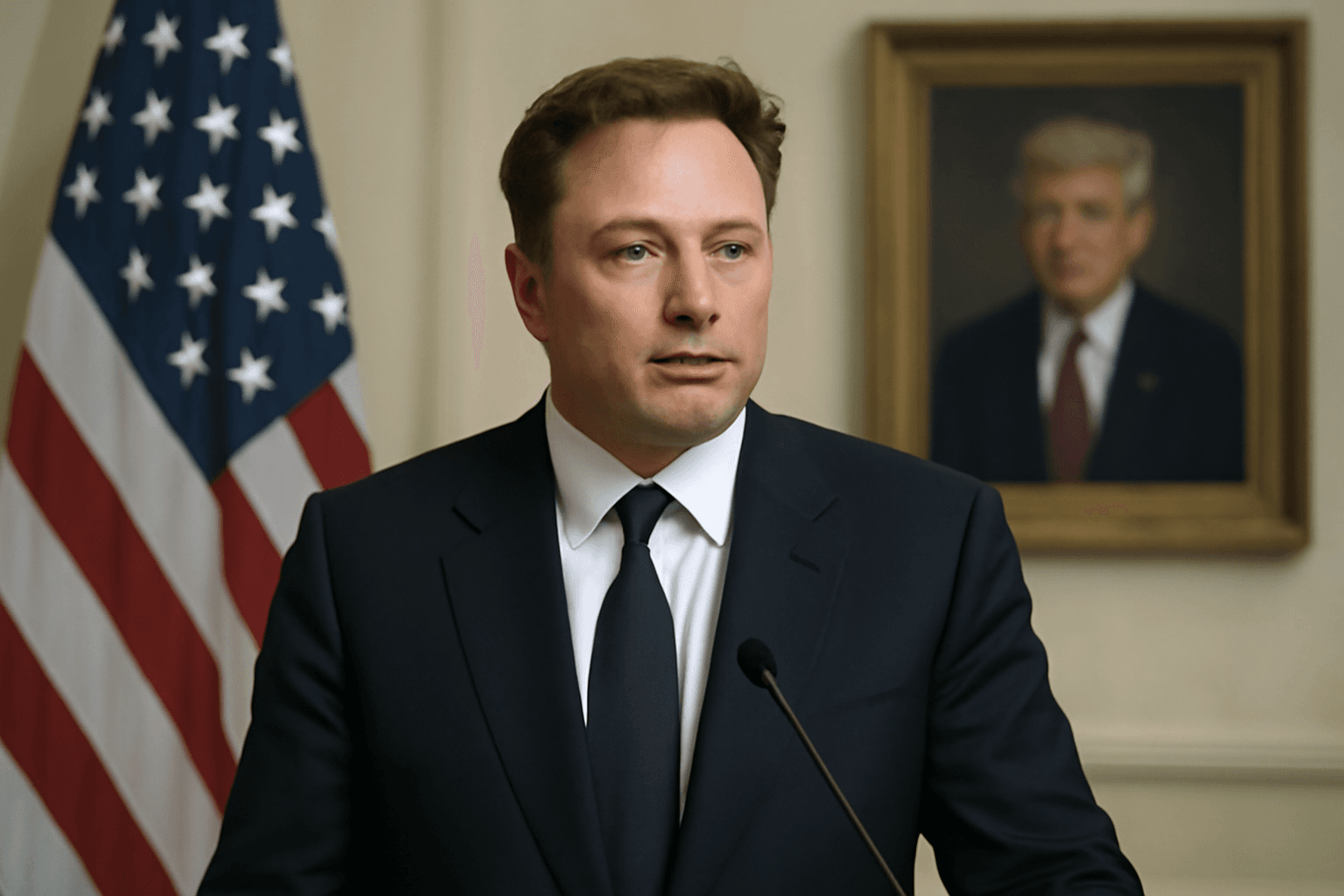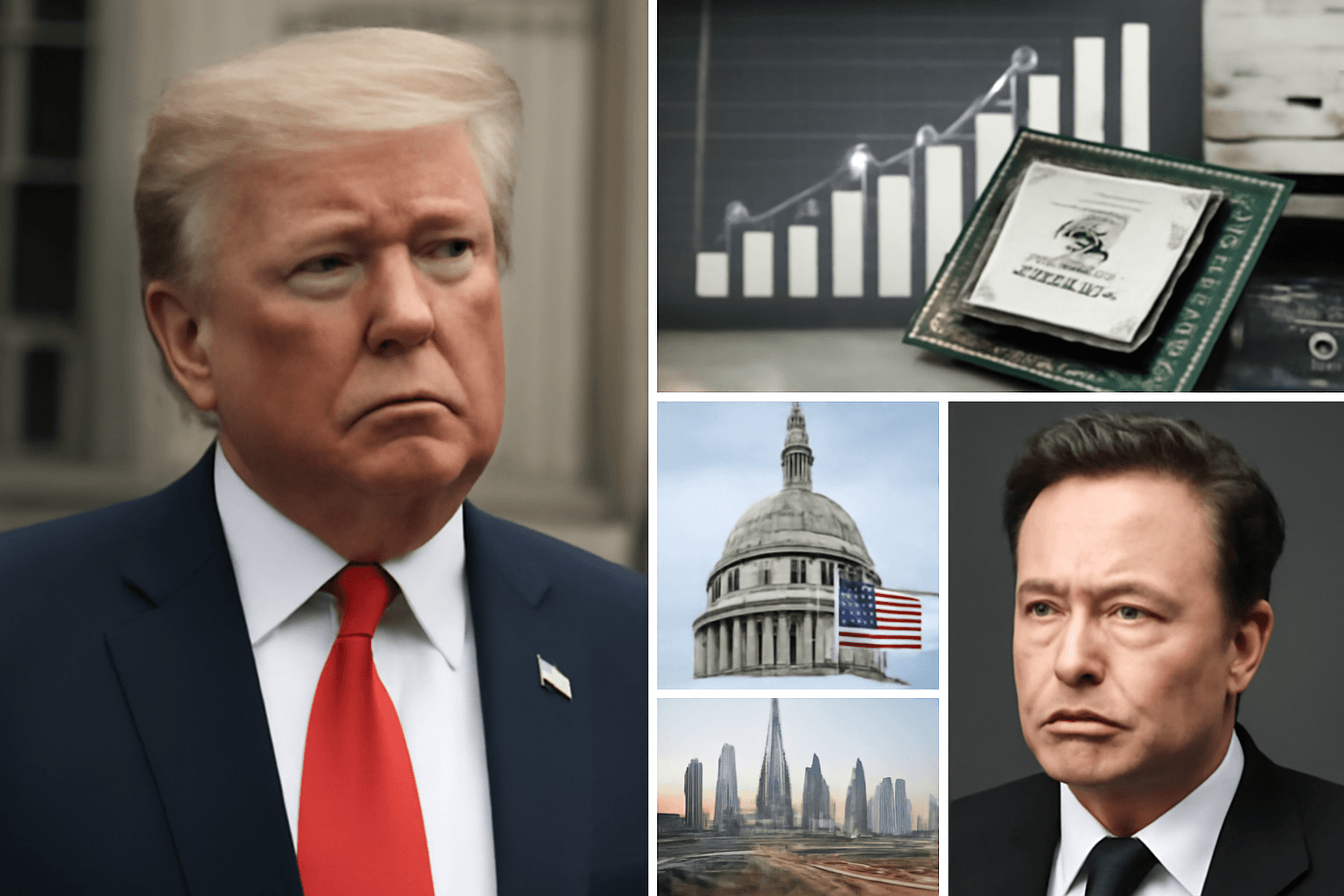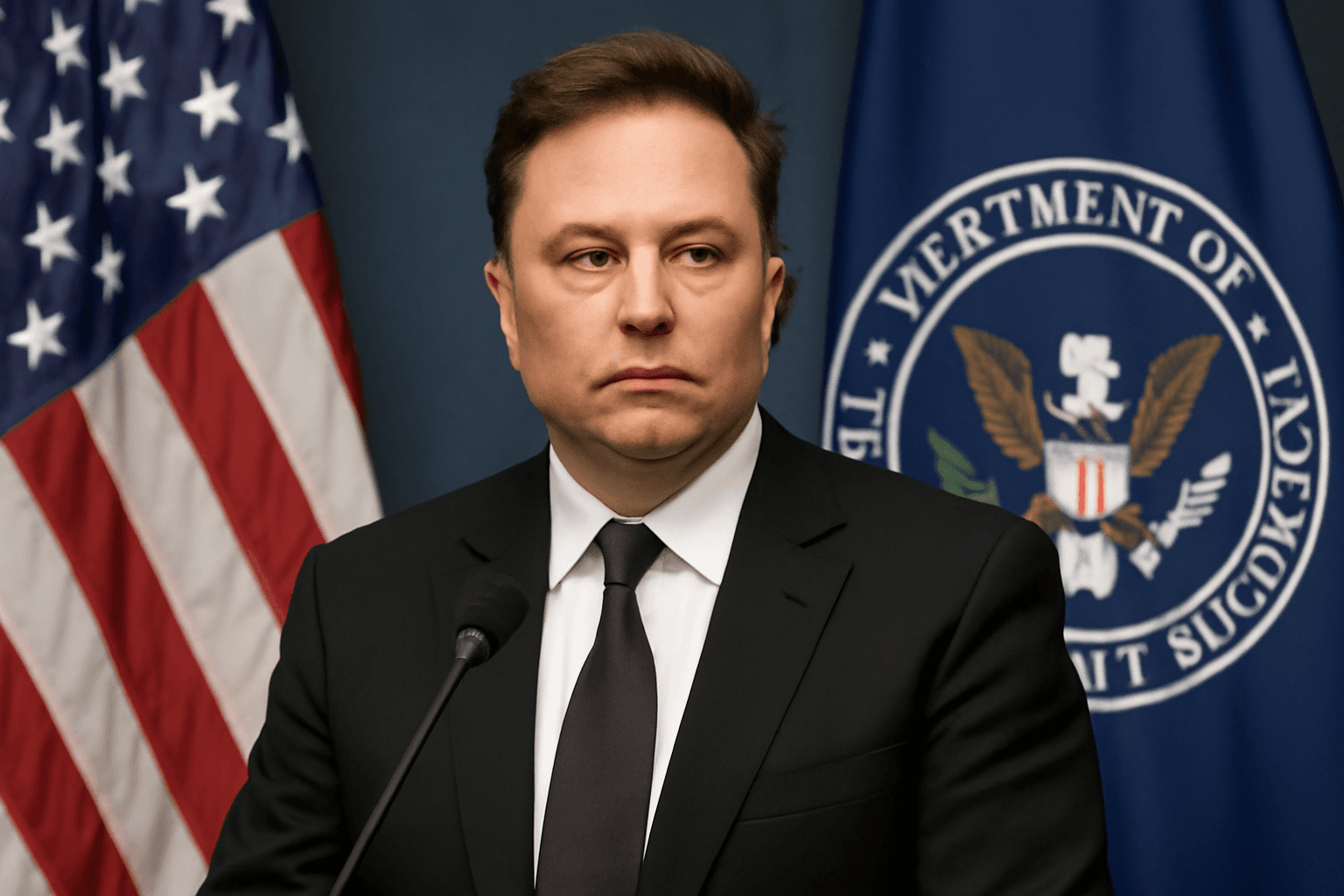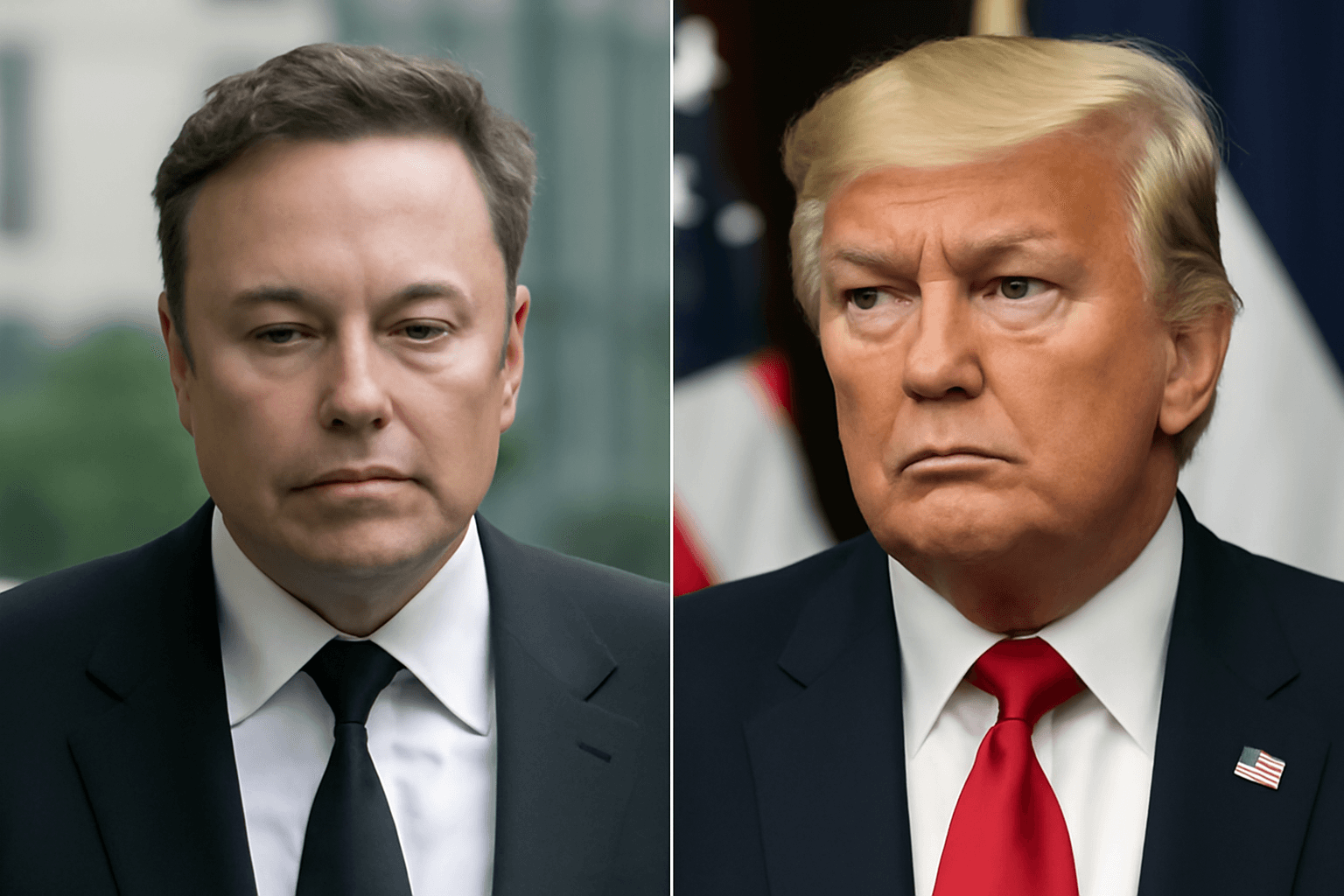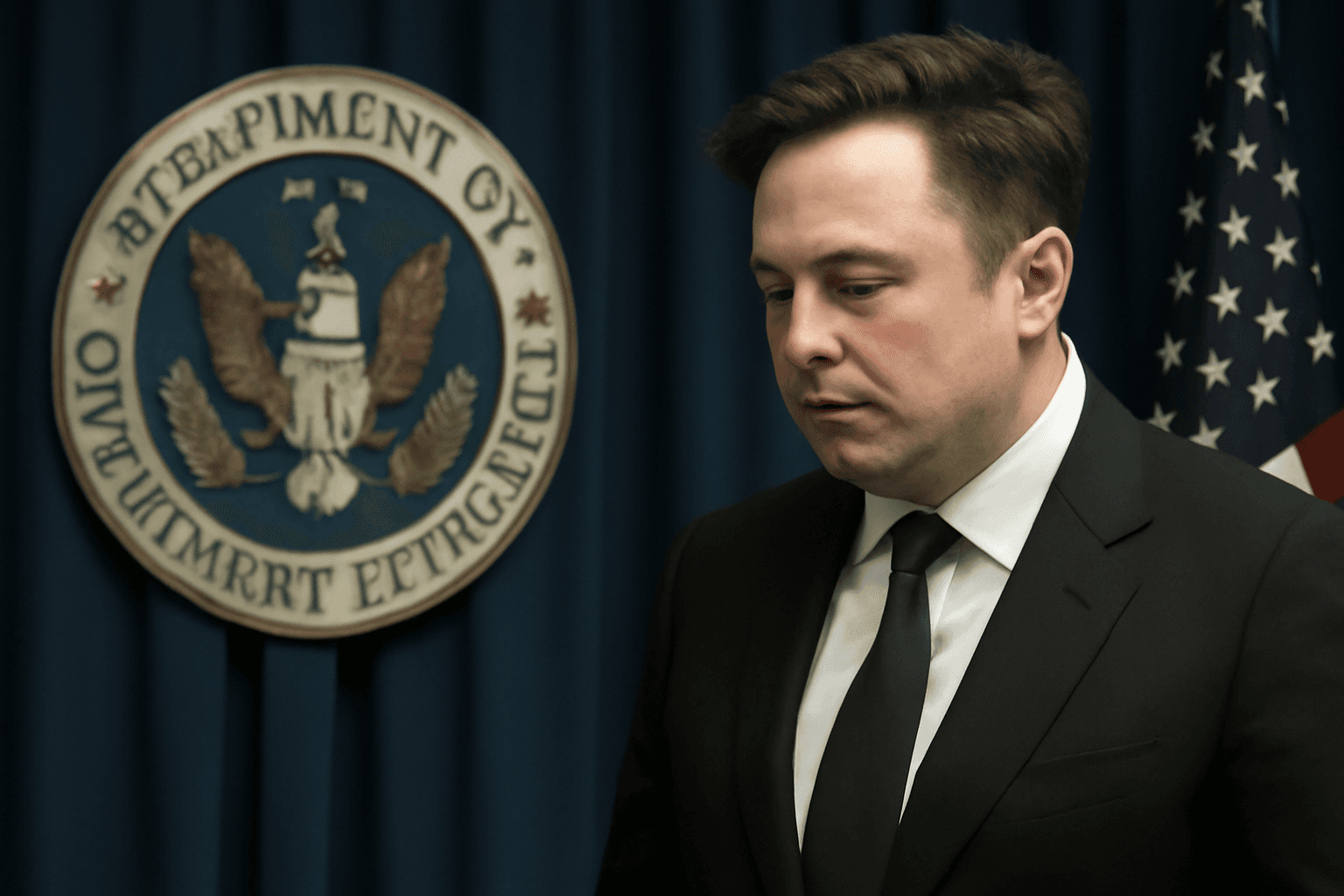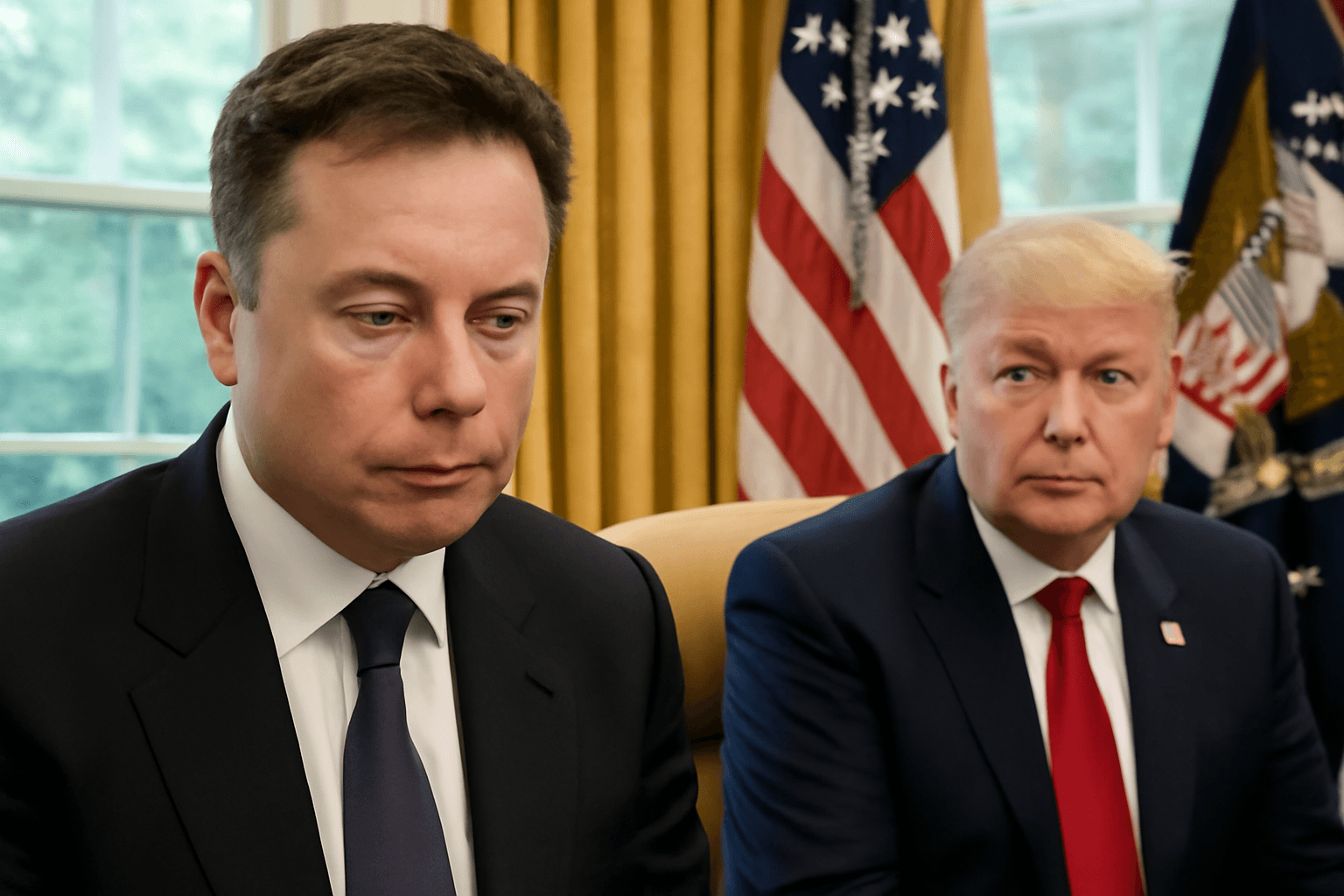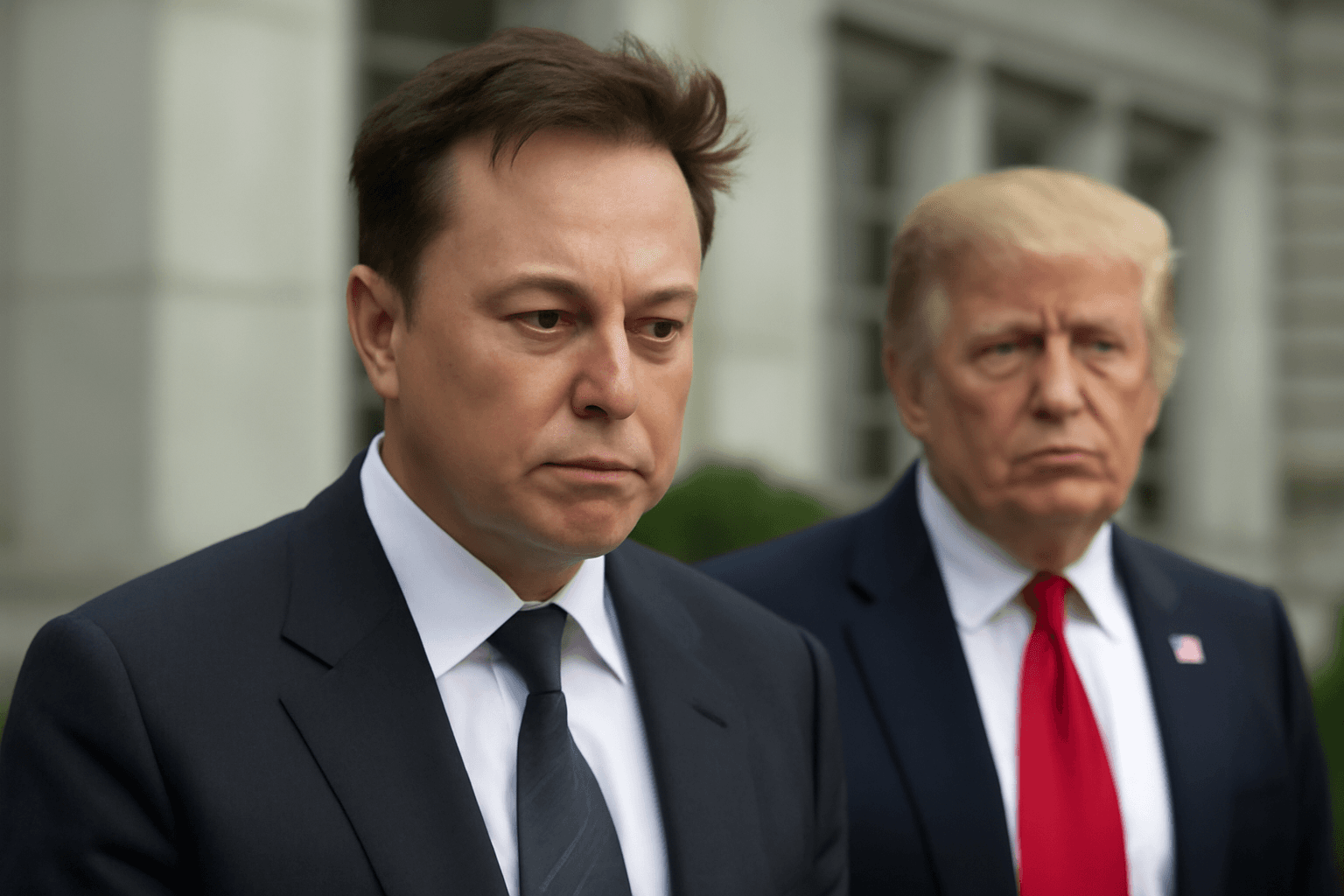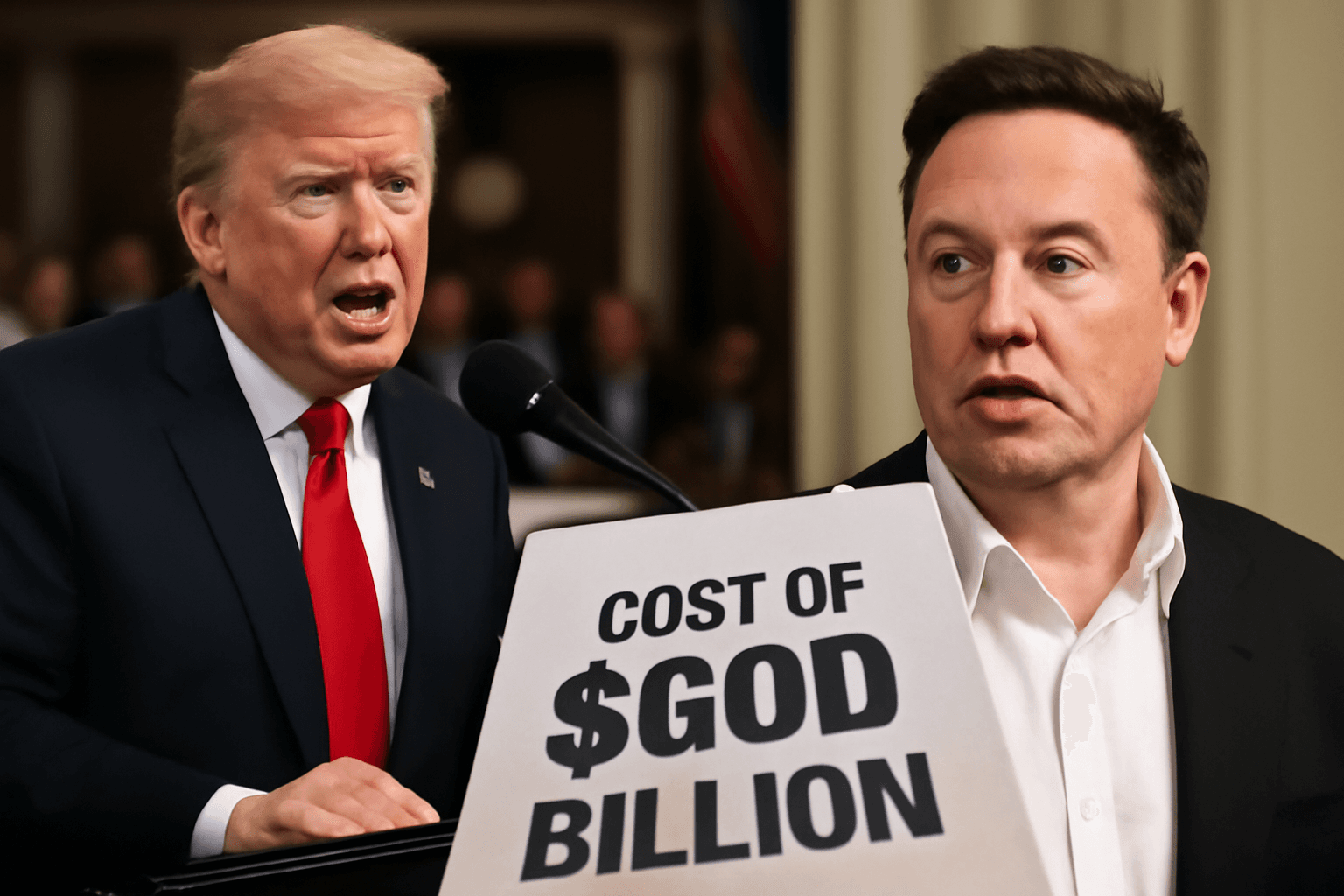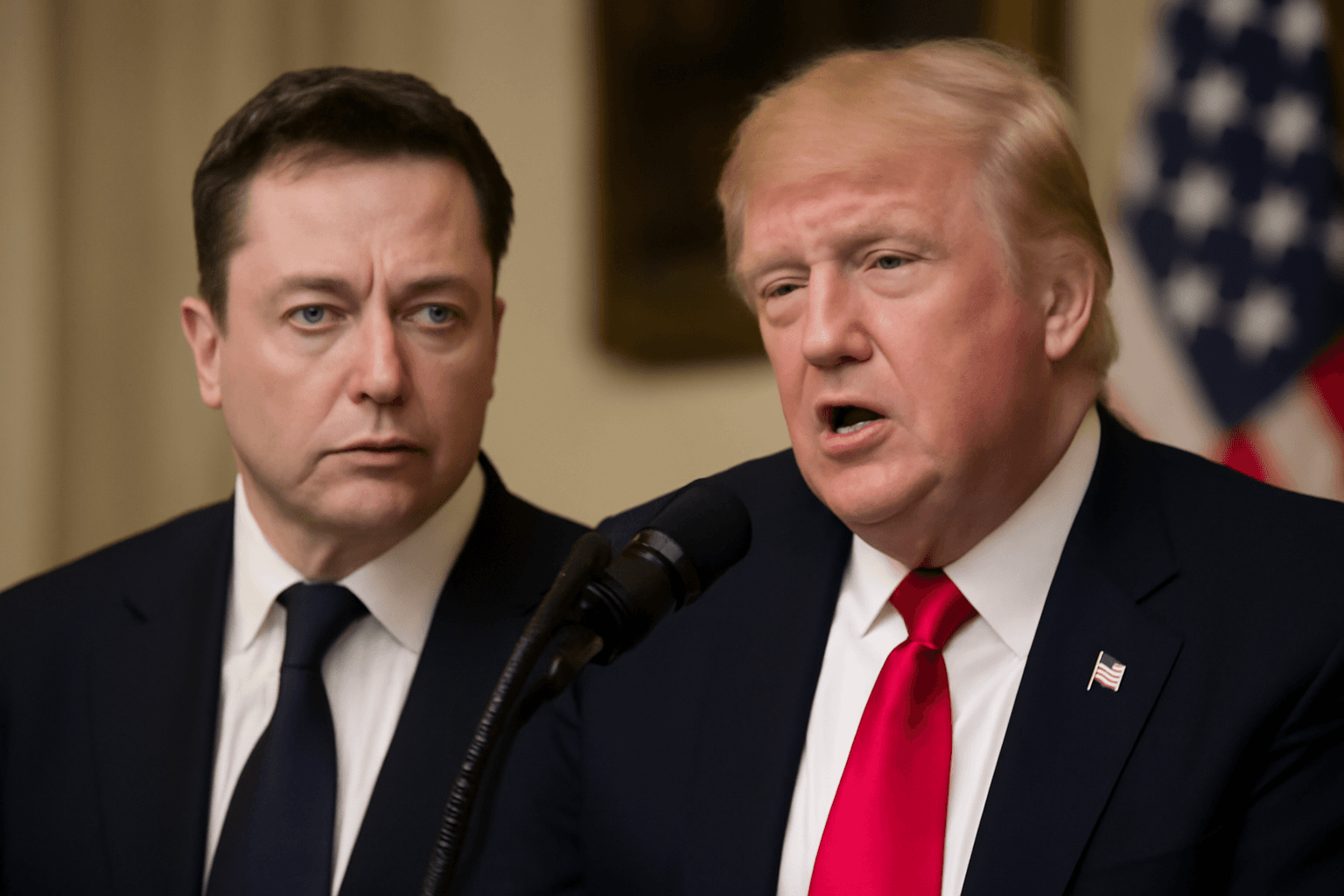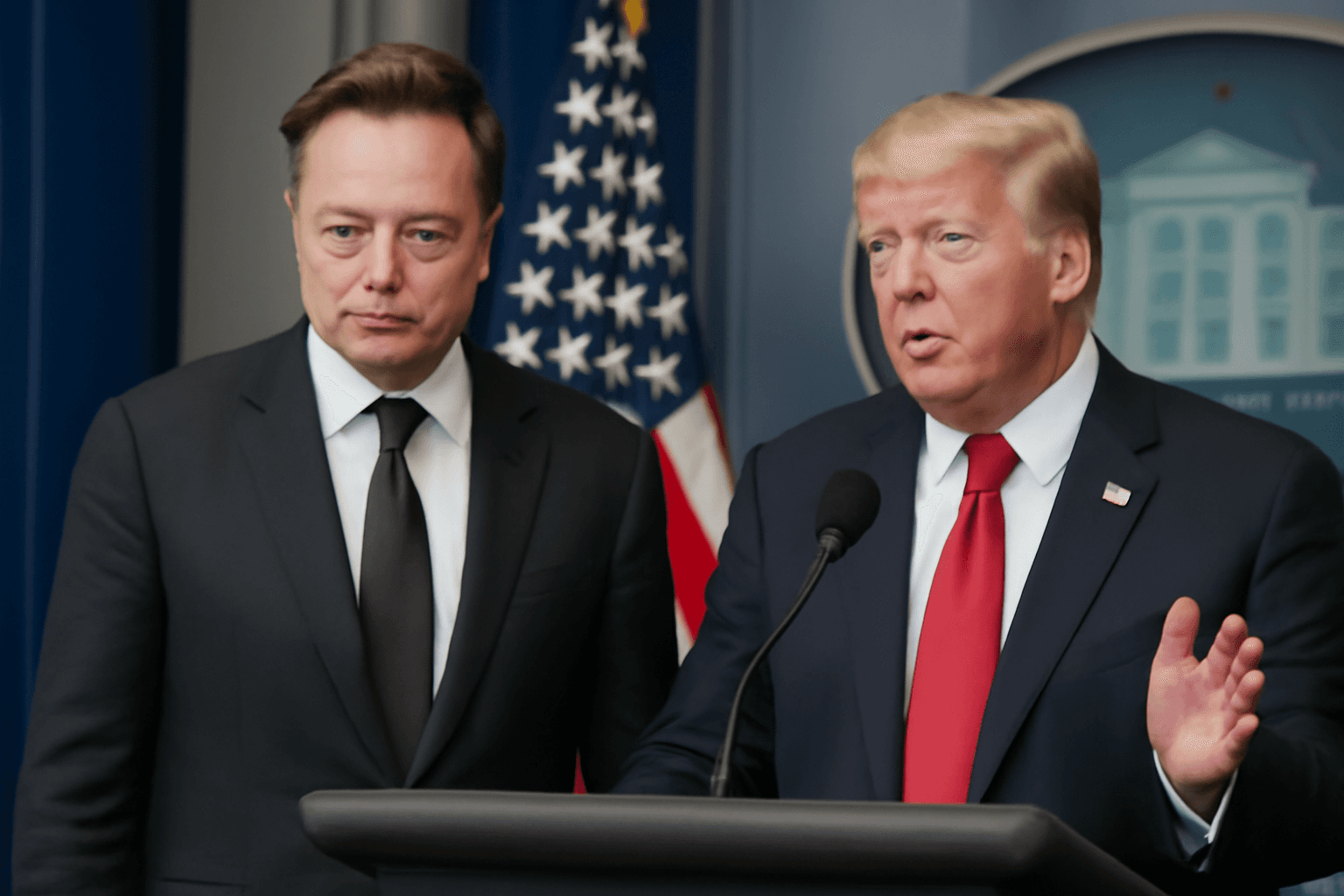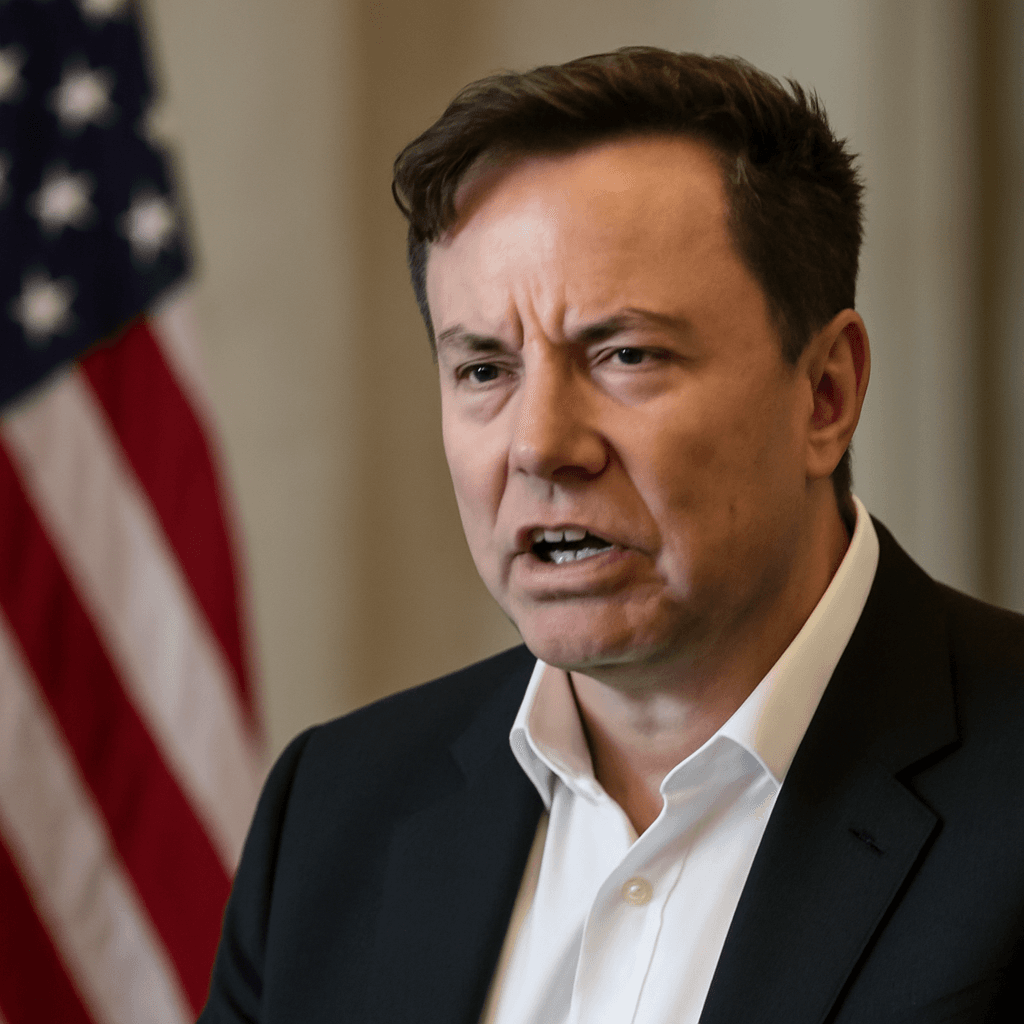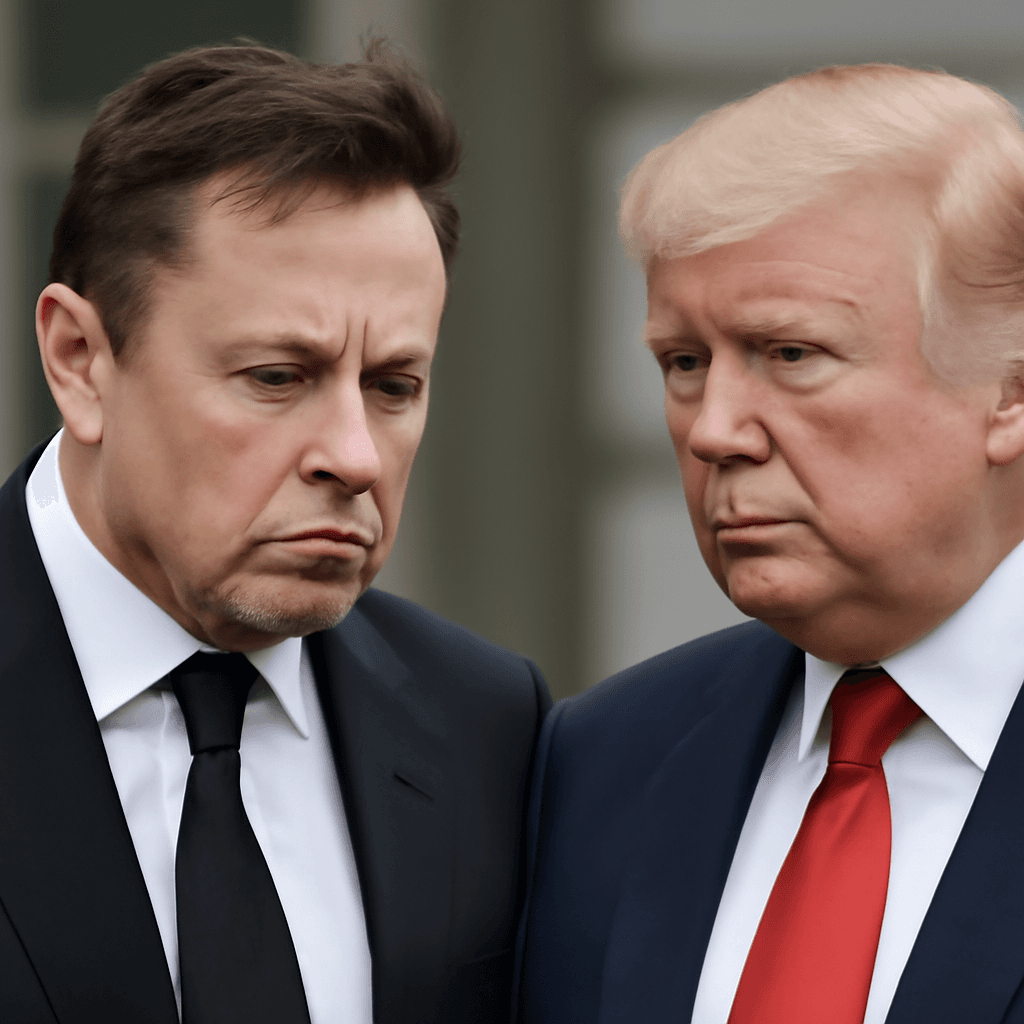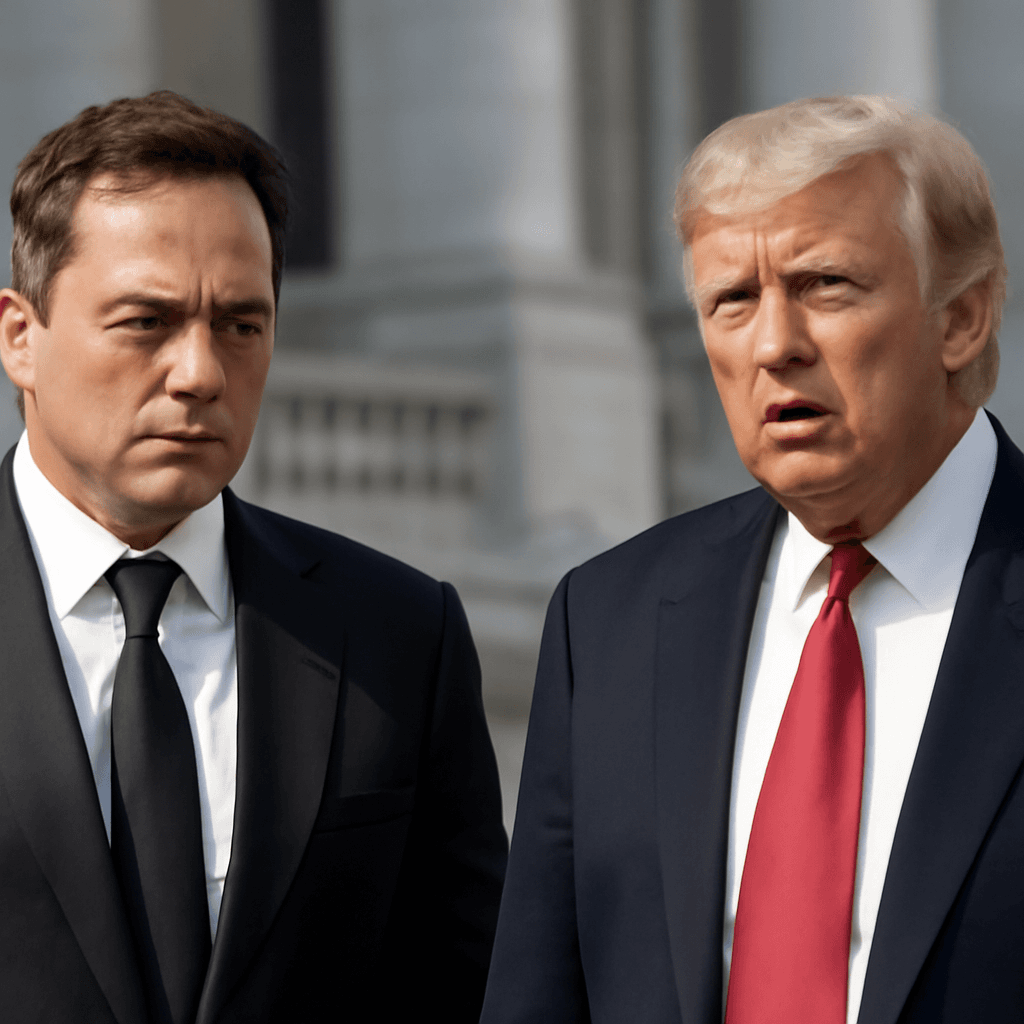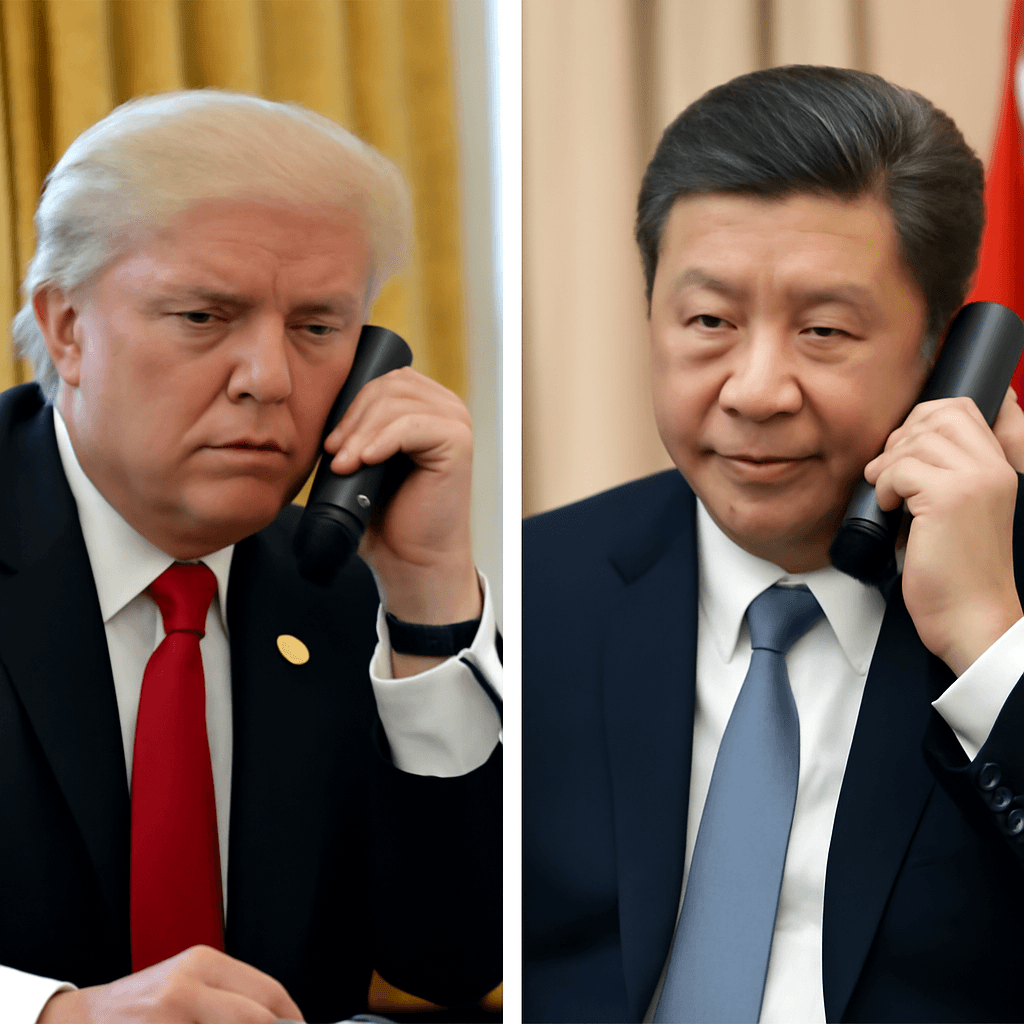Fractured Alliance Between Elon Musk and Donald Trump
The previously strong alliance between President Donald Trump and tech mogul Elon Musk has been significantly strained over Trump’s proposed tax legislation. The discord centers on Musk’s opposition to key elements of the bill currently under Senate review.
Musk Opposes Bill Over EV Credit Cuts and Government Picks
President Trump accused Musk of opposing the bill due to dissatisfaction with the removal of electric vehicle (EV) tax credits and the rejection of Musk’s preferred nominee to lead NASA. Trump expressed disappointment, stating, "I'm very disappointed in Elon. I've helped Elon a lot."
In response, Musk publicly criticized the legislation, highlighting the reduction of EV and solar incentives while noting that subsidies for oil and gas remain unaffected. He described the bill as "a mountain of disgusting pork" and called for the retention of the incentive cuts but the removal of other unrelated spending.
Key Tweets Highlighting the Rift
- Elon Musk: "Without me, Trump would have lost the election. Democrats would control the House and Republicans would hold a narrow 51-49 Senate majority."
- Musk’s Campaign Support: Over $250 million spent backing Trump’s 2024 campaign.
- Trump on EV Credits: Highlighted the financial challenge of subsidizing electric vehicles and suggested Musk had prior knowledge of the bill’s content.
NASA Nomination Controversy
Adding to tensions, Trump withdrew Musk’s nominee, billionaire Jared Isaacman, for the NASA administrator role, citing concerns over appointing a Democrat to the position. Trump emphasized the importance of appointing individuals aligned politically with his administration to such critical roles.
Summary of Positions
- Trump: Views the bill as "incredible" and necessary to cut spending, particularly on EV subsidies.
- Musk: Advocates for cutting excessive government spending included in the bill, opposes the uneven subsidy treatment, and critiques political appointments.
Looking Ahead
As the Senate continues deliberations on the tax package, this public clash underscores the complex interplay between political ambitions and corporate interests. The unfolding developments illustrate the challenges in balancing economic policy, environmental incentives, and partisan politics.

